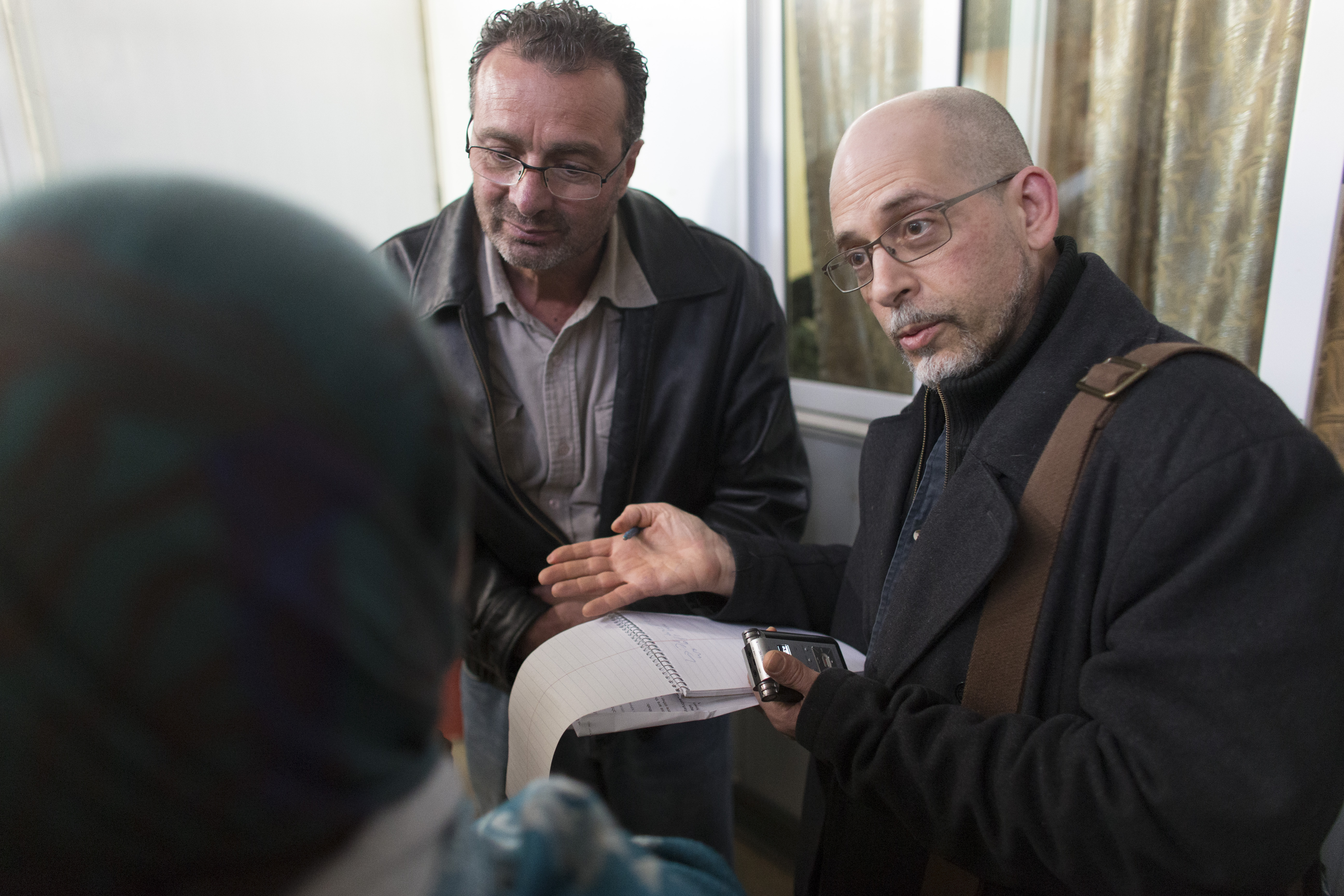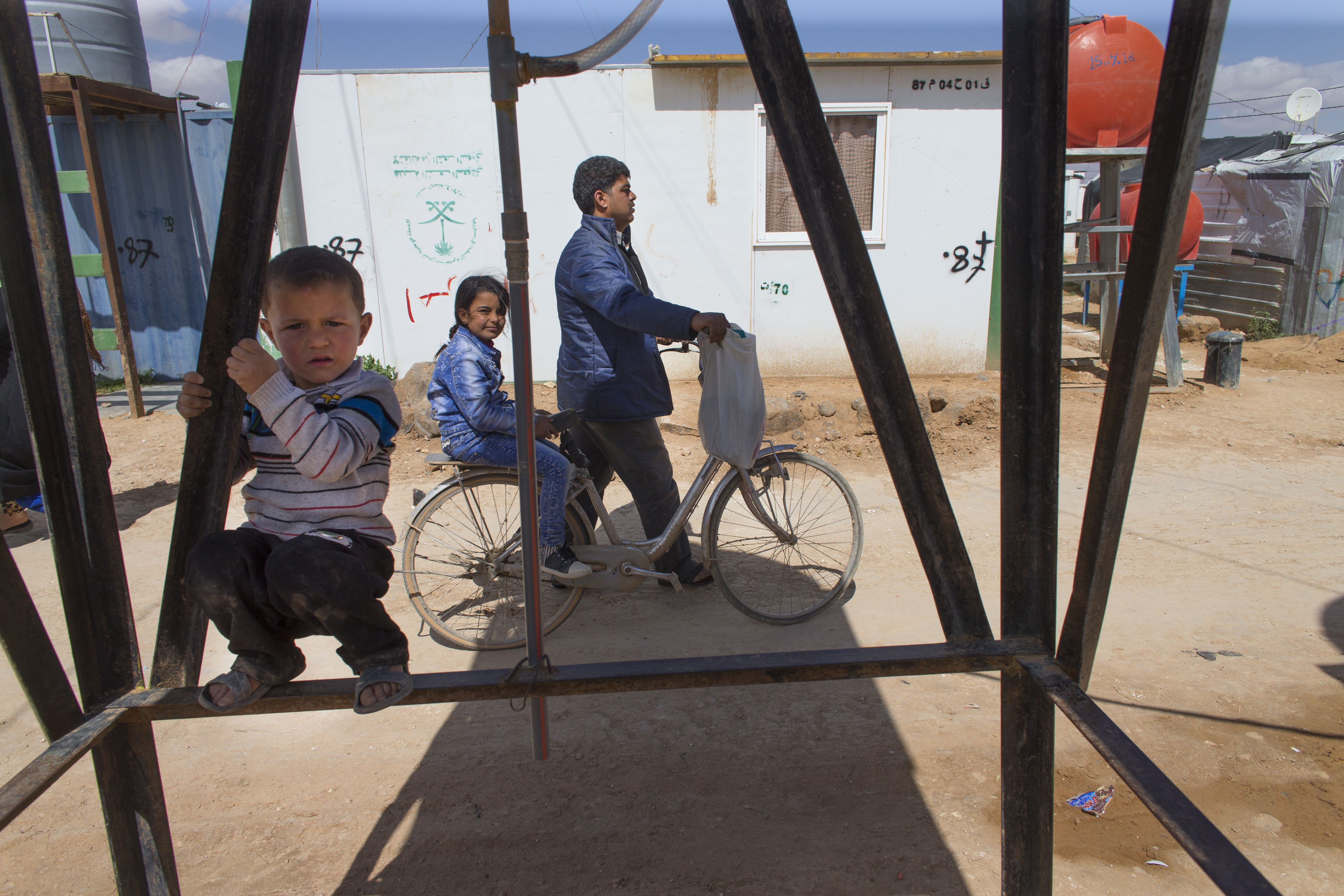
BERLIN—On this trip, this attempt to take some small measure of the plight of the Syrian refugees, I have been withholding the full names of many of the refugees. It's time I explained why.
In most cases withholding names is a condition for interviews with the refugees. Most fear for relatives still inside Syria. So while Syrian authorities cannot punish the refugees directly for their words, they can exact revenge by arresting and torturing their families.
Last night, I began to understand what that means. I met a man named Ahmad (his second name). He is 26. He told me about his 2,100-mile exodus from the blasted city of Aleppo to Berlin. It was, of course, full of perils, including the voyage by flimsy rubber boat from Turkey to Greece, which took three attempts.
It was only after we finished talking about the trip and about his new life in Germany living in a tent with eight people, that Ahmad mentioned that he had been tortured before all of this began.
Twice authorities arrested him. They tortured him for a week each time. The first time he was walking with a friend on the campus of the University of Aleppo. He had that eerie sensation of someone following him. Then he noticed there was no one else around. That's when he felt a hand grab his shoulder.
His jailers blindfolded him, beat the soles of his feet with a stick and shocked him with electricity. They went easy on him. This is true, he said. His family paid a bribe so that authorities would torture him less intensely.
Sometimes when the blindfold slipped a little, he saw prisoners suspended by their bound and aching wrists. He saw a girl who looked to be 15 being tortured.
"At night," he said, "I would hear screams."
The second time he was arrested and tortured he was told the reason. It was nothing he had said or done. He was arrested because a friend had posted negative comments about the Syrian government on Facebook.
In Syria, it takes very little to put a man's life and family in danger.





